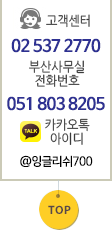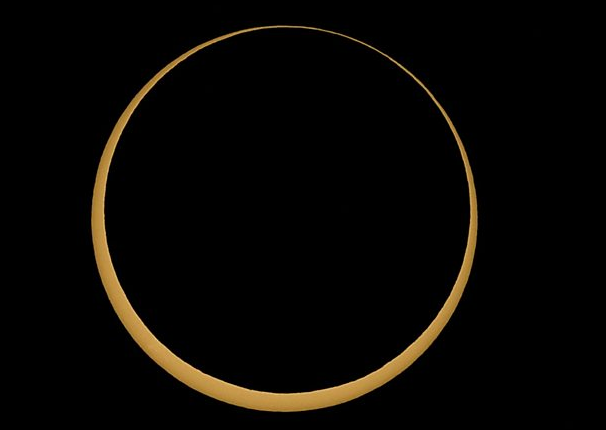Why are South Koreans suddenly younger? New age system explained
South Koreans woke up a year or two younger after the government changed the East Asian nation’s traditional age-counting system.
정부가 전통적인 연령 계산 시스템을 바꾼 후 한국인들은 한두 살 더 젊어 졌습니다 .

Under the “Korean age” system, babies are considered to be one year old on the day they are born, and every January 1, a year is added to people’s ages – regardless of their actual birthdate. For example, a baby born on New Year’s Eve becomes two years old the next day.
'한국 나이' 시스템에 따르면, 아기는 태어난 날을 기준으로 한 살이 되는 것으로 간주되며, 실제 생일에 관계없이 매년 1월 1일에 사람의 나이에 1년이 더해집니다. 예를 들어, 새해전날에 태어난 아기는 다음 날 2살이 됩니다.
There is a second counting method – a mix of the international and Korean age systems – in which a baby is born at zero years, and one year is added every January 1.
두 번째 계산 방식(국제 연령 체계와 한국 연령 체계를 혼합한 방식)이 있는데, 아기가 0년에 태어나고 매년 1월 1일에 1년을 더하는 방식입니다.
So if a woman was born in September 2003, she would be 19 years old under the international system, 20 using the mixed method and 21 under the Korean system.
따라서 여성이 2003년 9월에 태어났다면 국제 시스템에서는 19세, 혼합 방식으로는 20세, 한국 시스템에서는 21세가 됩니다.
The three systems for counting age have confused and inconvenienced South Koreans in all kinds of situations including health recommendations, labor disputes and social hierarchy.
연령계산의 세 가지 제도는 건강권고, 노동쟁의, 사회체계 등 모든 상황에서 한국인들을 혼란시키고 불편하게 만들었습니다.
It’s tremendously confusing for many people; some people think of how old they are in terms of the Western way of counting, others do according to the Korean way of counting, and there is in fact more than one way of doing it the Korean way so to speak,
“그것은 많은 사람들에게 엄청나게 혼란스럽습니다. 서양식 계산법으로 나이를 생각하는 사람도 있고, 한국식 계산법으로 생각하는 사람도 있고, 사실 한국식 계산법으로 생각하는 방법도 여러 가지가 있습니다
Some people think your age increases with the Lunar New Year, not with the Solar New Year. Some people wonder if their birthday has anything to do with it.
어떤 사람들은 양력설이 아니라 음력 설에 나이가 든다고 생각합니다. 어떤 사람들은 자신의 생일이 그것과 관련이 있는지 궁금해합니다.”
By June 2023, the government decided that the Korean age system would no longer be permitted to be used on official and legal documents in South Korea. This is to reduce confusion in age counting by adopting the same system used in the rest of the world, which means only the international system will remain. This also means that Koreans will be a year or two younger as opposed to their age which follows the traditional Korean age system.
2023년 6월 정부는 한국의 공식 문서 및 법률 문서에 한국 연령 체계를 사용하는 것을 허용하지 않기로 결정했습니다. 이는 전 세계에서 사용하는 것과 동일한 방식을 채택해 연령 계산의 혼란을 줄이기 위한 것으로, 국제 방식만 남게 된다는 뜻입니다. 이는 또한 한국인이 전통적인 한국 나이 시스템을 따르는 나이와 대조적으로 한두 살 더 젊다는 것을 의미합니다.
Age really matters in South Korean culture because it affects one’s relative social status and dictates which titles and honorifics one must use for others. It’s hard to communicate with people without knowing their age.
한국 문화에서 나이는 정말 중요합니다. 나이는 개인의 상대적인 사회적 지위에 영향을 미치고 다른 사람에게 어떤 호칭과 경어를 사용해야 하는지를 결정하기 때문입니다. 나이를 모르고 사람들과 소통하는 게 어렵습니다

























